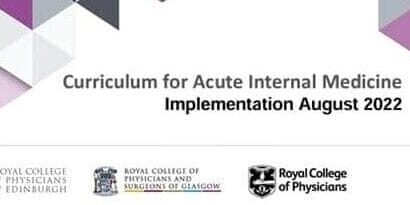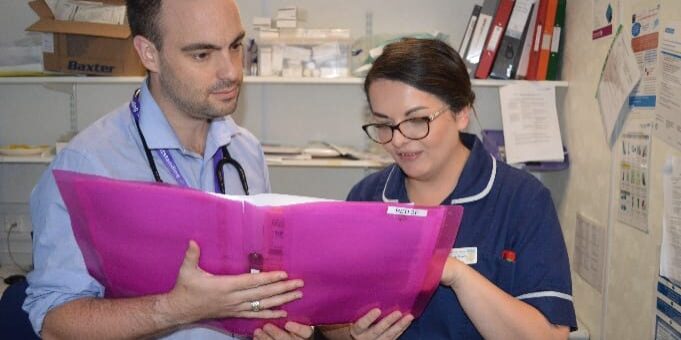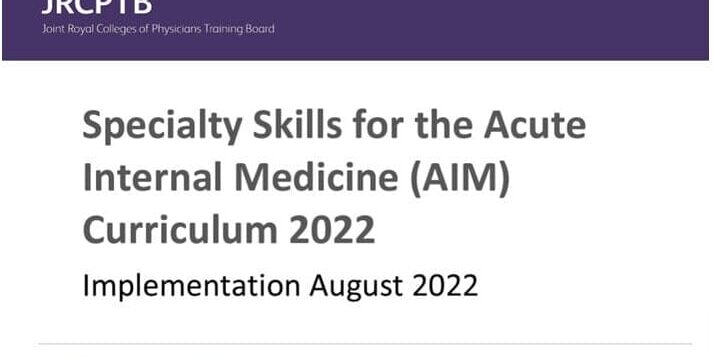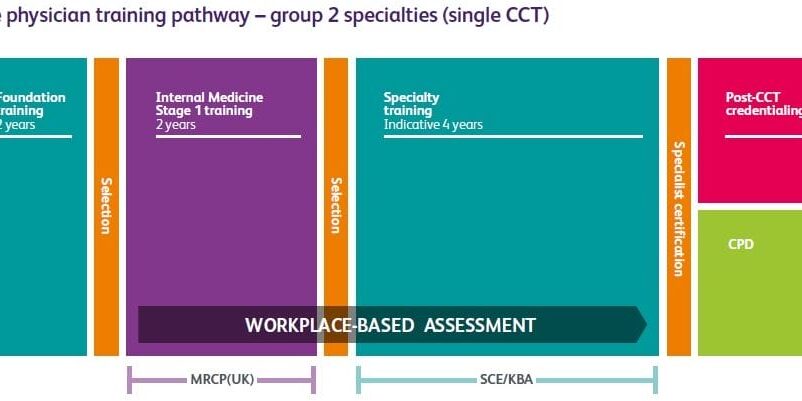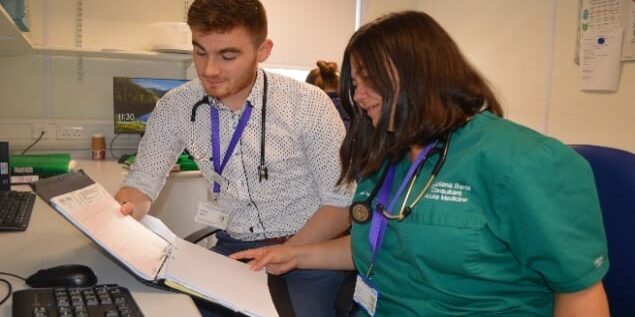Training Hub
Less Than Full Time & Flexible Training
The 2021 RCP census found that 18% of higher specialist trainees and 25% of consultants (across all medical specialties) worked LTFT and these numbers were increasing every year. Acute medicine has long been a great specialty for those wanting flexible consultant job plans and increasing numbers of trainees are also applying to work less than full time (LTFT) or via flexible training pathways.
Applying for LTFT
How to thrive as a LTFT trainee
All Acute Medicine trainees are eligible to apply for LTFT training. Going LTFT has some potential benefits including:
- May enable you to stay in a training programme despite personal circumstances that make working full time challenging
- May facilitate you in other career or professional development areas
- May enhance your overall work-life balance, wellbeing and prevent burnout.
The process for becoming a LTFT trainee begins with a discussion with your TPD. Applications must then be sent to your local HEE/deanery with a minimum of 12 weeks notice (occasionally less in extenuating circumstances). This allows time to assess your eligibility and facilitate appropriate placements considering your needs, those of your colleagues and programme capacity/resources. You will be required to choose your eligibility criteria from the following:
- Disability or ill health
- Caring responsibilities (for children, partner, relative or other dependant)
- Welfare and wellbeing (not directly related to health. For example to reduce potential burnout)
- Unique opportunities (can be personal such as training for a national sporting event, or professional such as membership to a national body/committee)
- Religious commitment
- Non medical professional development (such as undertaking a non-medical qualification or course alongside your training eg, law degree, fine-arts course)
- Flexible/portfolio training
All well-founded reasons will be considered.
Keep in mind the original reason for your request. Whether that is spending time caring for a loved one, looking after your own health and wellbeing or pursuing other opportunities, all these things require dedicated time so ensure you ringfence your non-working days for these activities. LTFT trainees have reported feeling pressure to do activities such as project work, admin or attending virtual training on the non-working days but this should NOT be the case.
Be present. It can be difficult when you are juggling multiple responsibilities to be as present at work. On the other hand some find it a pleasant contrast and enjoy the time focussed on making medical decisions. Either way it is important to make a point of introducing yourselves to colleagues and integrating yourself into the team. Developing good communication is essential not just for your training (allowing you to take more senior/leadership roles) but also for safety. When you are not working every day it is important to ensure you tie up any loose ends or handover appropriately to ensure patient safety.
Be organised and proactive. Think about what you need to get out of each placement and be proactive to ensure suitable sessions are scheduled into your timetable to achieve these. Remember you get pro-rata equivalent time to FT trainees for dedicated POCUS/specialist skill training as well as exposure to areas such as ambulatory care. It is worth finding out early/ahead what your departments teaching schedule is so you can work out a suitable schedule to incorporate these but don’t feel pressured to attend if it falls on a non-working day.
Know your rights. Unfortunately we do not live in a perfect world and despite good rostering guidance LTFT trainees frequently report issues with their rotas or pay. Much of the BMA/NHS employers good rostering guide was integrated into the 2016 contract so LTFT trainees are well protected and have clear guidance. Key messages are that your work schedule should have your LTFT % equivalent of both normal working days and on-call shifts and should be agreed collaboratively between the trainee and the employer in advance. Whilst specific non-working days cannot be guaranteed they should be facilitated where possible and be the same each week. Most LTFT trainees are eligible for the annual £1000 LTFT uplift. It is often helpful to ask for a copy of the FT work schedule for comparison. Please see our FAQs below for where to seek additional advice and support.



